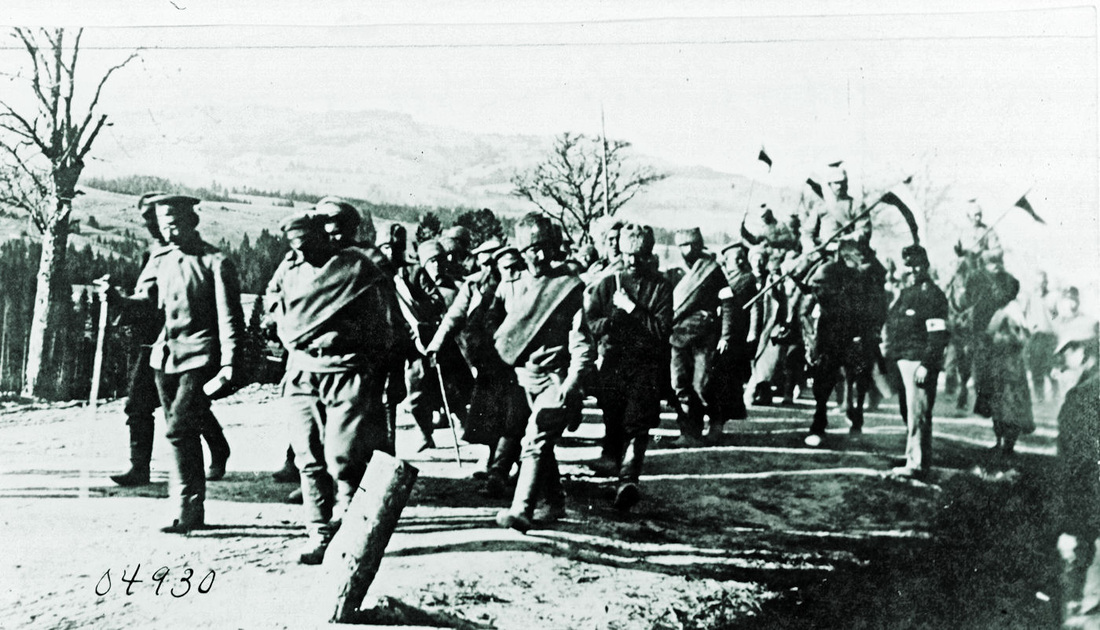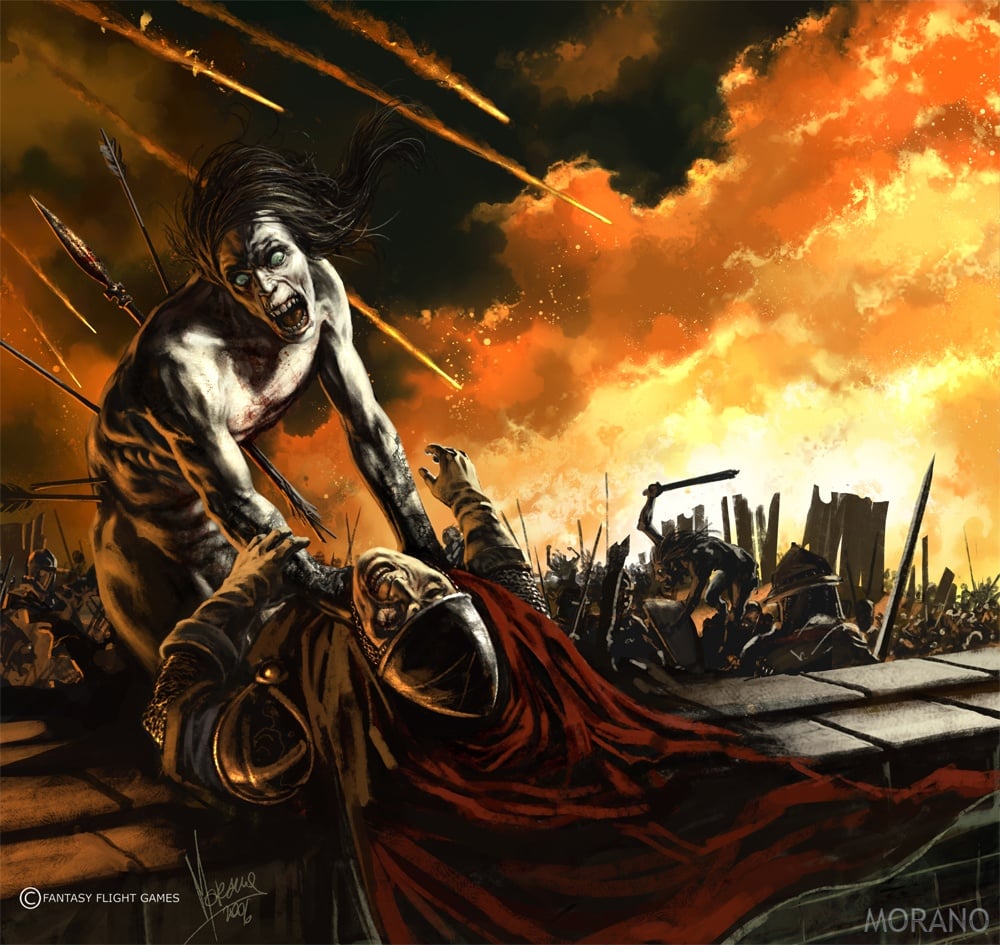
In each of the battles these factors combined with others to produce a victory over a technologically advanced foe. And finally, cultural influences played a role in strengthening the resolve to fight despite apparently poor odds. One of the greatest military disasters of the Roman Empire, Teutoburg Forest witnessed the near-total annihilation of three Roman legions at the hands of the. The primitive armies employed new tactics that generally served to negate some of the technological advantages of the superior force. in the pine forest, but near enough to be reached in two minutes walk. In each battle the technologically advanced army followed predictable tactics. a fatal ending in the battle of Tannenberg, but encouragement was given. The Second Army’s five corps were spread over a front of some 60 miles. At the beginning of the war, Alexander Samsonov was appointed. In fact, historians argue that Russia never actually recovered from the battle and the contribution of the army to the Russian Revolution has been covered by many. Although each of these battles has its own unique circumstances that contributed to the victory of the primitive forces, three main themes link each of the battles. The Battle of Tannenberg began in earnest on August 26. The Battle of Tannenberg went down in history as Russia’s worst defeat in World War One. Following the introduction the second chapter focuses on the Romans versus Germanic tribes at the Battle of Teutoburg Forest the third chapter investigates Custer and the Battle of the Little Bighorn and the fourth chapter discusses the Battle of Maiwand in the Second Afghan War.

This document examines three different battles in history where a primitive, tribal force was able to decisively defeat a better-equipped, more advanced army. On Jul 15, 1410, Poles and Lithuanians (including Russians, Ukrainians, and Tartars) face off against the Teutonic Knights in the Battle of Tannenberg (a.k.a.

For most battles this seems to hold true however, there are exceptions to this rule.

Usually in history it seems that the technologically advanced society has a greater advantage in warfare than more primitive societies.


 0 kommentar(er)
0 kommentar(er)
